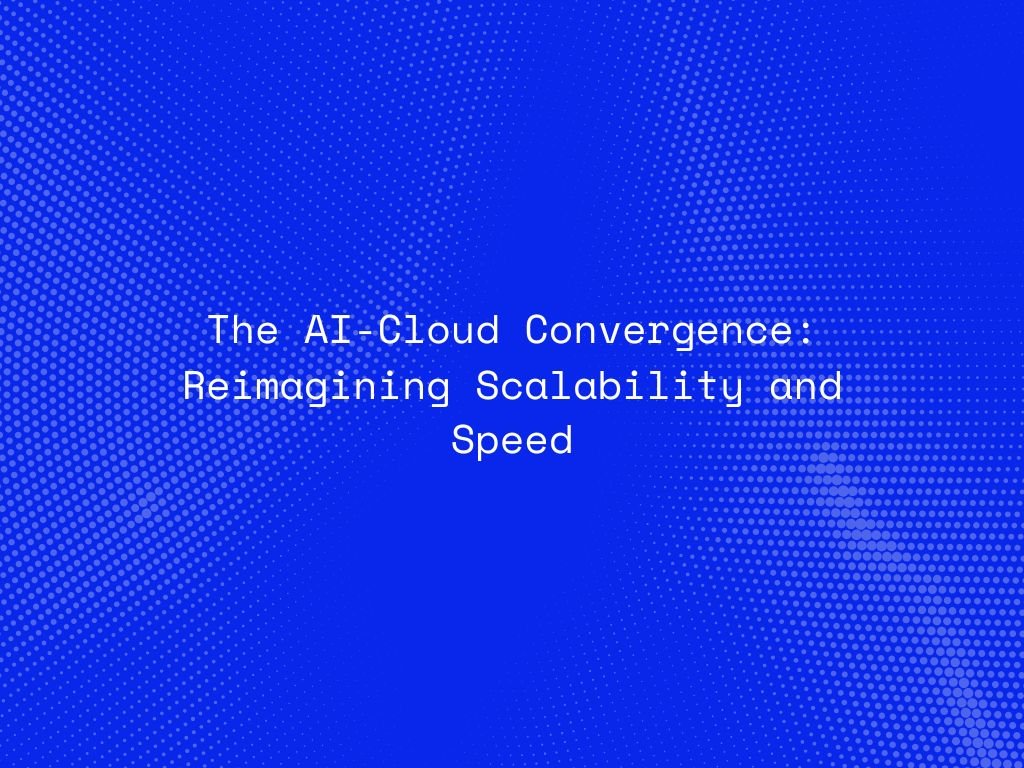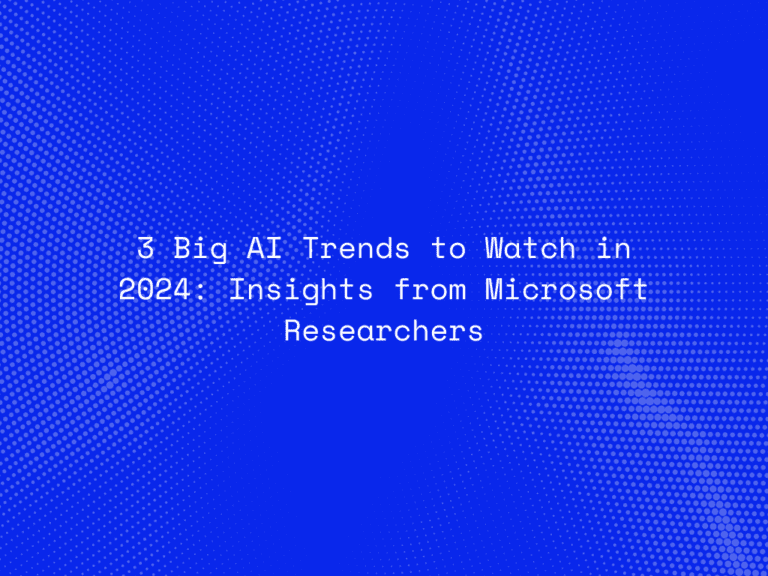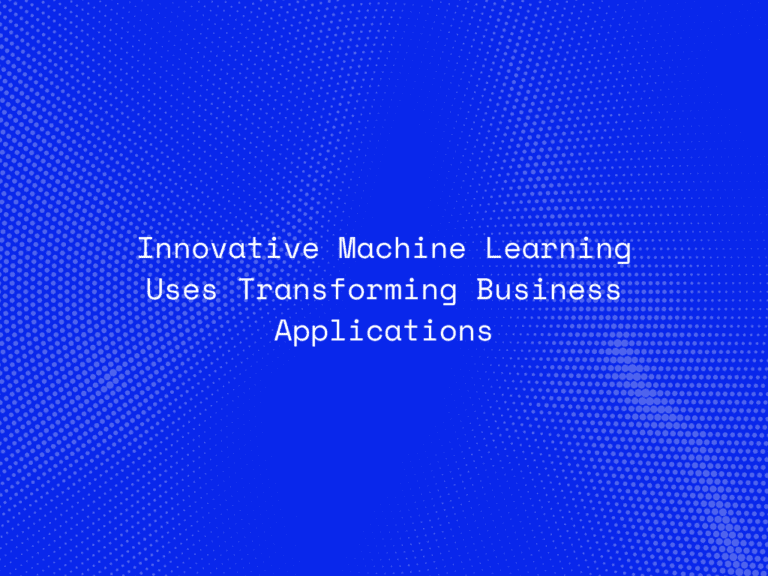The cloud has been the foundation of modern digital transformation. Artificial Intelligence (AI) is the force redefining it. In 2025, the convergence of AI and cloud technologies is not just a convenience—it’s a competitive necessity.
As organizations demand real-time insights, automated decision-making, and scalable innovation, the blend of AI and cloud is delivering unprecedented speed, flexibility, and cost efficiency.
Why AI Needs the Cloud—and Vice Versa
AI and cloud computing are symbiotic:
-
AI requires scalable compute power and vast storage to process massive datasets and run complex models.
-
Cloud platforms offer elasticity, distributed architectures, and on-demand resources, enabling AI to function at enterprise scale.
The result? Smarter systems that can scale in milliseconds, learn continuously, and serve millions—all from the cloud.
What the Convergence Looks Like in 2025
In today’s enterprise environment, AI and cloud integration is delivering tangible results across domains:
AI-Enabled Cloud Services:
Cloud providers like AWS, Azure, and Google Cloud now offer native AI tools—from ML pipelines and vision APIs to LLMs and MLOps platforms.
Cloud-Native AI Applications:
AI applications are being built directly on cloud-native infrastructures using Kubernetes, serverless functions, and containers for zero-downtime scaling.
Edge + Cloud Synergy:
AI workloads are split across edge devices and the cloud for low latency decision-making and centralized training.
Key Benefits of AI-Cloud Convergence
1. Unmatched Scalability
AI in the cloud allows businesses to:
-
Instantly scale up compute for training large models
-
Serve predictions globally via auto-scaling APIs
-
Expand without hardware investments
Use Case: A global ecommerce brand runs demand forecasting models that scale during seasonal surges without lag.
2. Accelerated Innovation Cycles
Cloud accelerates every stage of the AI lifecycle:
-
Faster data ingestion and labeling
-
One-click deployment with CI/CD pipelines
-
Automated retraining using MLOps
Result: Businesses go from prototype to production in weeks—not months.
3. Real-Time Intelligence
Streaming data from IoT, apps, and sensors flows into cloud platforms, where AI models:
-
Detect anomalies in real time
-
Personalize experiences on the fly
-
Trigger autonomous decisions
Example: Logistics companies optimize fleet routing in real-time based on traffic, weather, and demand—all processed via AI on the cloud.
4. Cost Optimization
The pay-as-you-go model of the cloud aligns with AI’s dynamic resource needs. Serverless inference, spot instances, and tiered storage reduce operational costs.
AI workloads no longer need expensive dedicated clusters—they scale when needed, shrink when idle.
5. Global Accessibility
With AI models deployed on cloud platforms:
-
Enterprises can serve users across geographies
-
Data can be processed locally and globally
-
AI capabilities become democratized across teams

Enterprise Adoption: Use Cases on the Rise
Healthcare:
AI models hosted on the cloud analyze medical imaging, predict patient deterioration, and assist in diagnostics—accessible even in rural hospitals.
Finance:
Cloud-based AI scans millions of transactions for fraud, adapts to new patterns, and supports 24/7 financial advisors powered by LLMs.
Retail:
From dynamic pricing to hyper-personalized marketing, AI-infused cloud systems optimize customer journeys end-to-end.
Key Enablers Powering the Convergence
-
MLOps Platforms (e.g., Vertex AI, Azure ML, SageMaker)
-
Cloud GPUs & TPUs for large-scale training
-
LLM APIs & Model Hubs integrated into cloud services
-
Federated Learning & Edge AI connecting cloud and local devices
-
AI-Optimized Cloud Infrastructure with built-in security and observability
Challenges and Considerations
While the convergence unlocks new capabilities, it also raises critical challenges:
-
Data privacy & compliance (especially in multi-cloud or cross-border environments)
-
Cost management as AI workloads grow
-
Model drift and observability at scale
-
Vendor lock-in risks and interoperability concerns
Enterprises are now adopting hybrid and multi-cloud strategies, open standards, and internal governance to manage these effectively.
The Future: Autonomous, Scalable, Intelligent Clouds
Looking ahead, AI and cloud will continue to merge into autonomous digital platforms capable of:
-
Self-healing and self-optimizing infrastructure
-
Predictive resource allocation based on AI insights
-
Human-AI collaboration at scale, across regions and roles
The cloud won’t just host AI—it will become AI-driven itself, transforming how organizations operate, build, and serve.
Conclusion
The AI-cloud convergence in 2025 isn’t just a technological evolution—it’s a strategic revolution. It’s empowering enterprises to move faster, scale smarter, and innovate continuously.
Those who harness this synergy aren’t just upgrading systems—they’re reimagining what’s possible.




